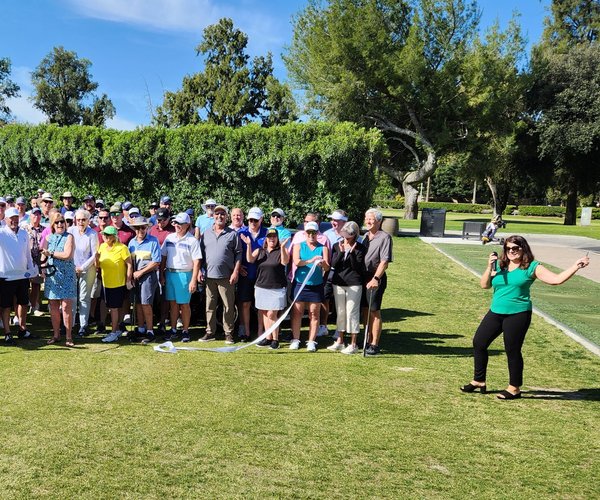The Mosquito and Vector Control Association of California met on Jan. 30 to discuss issues facing local control districts. Top on their list of priorities was the new Clean Water Act permit requirement that might result in mosquito control agencies being unable to provide the same level of service.
Turlock Mosquito Abatement District manager David Heft attended the conference. He said that the new Clean Water Act enforcement might require permits for all pesticide in or near designated waters of the U.S. This process would require three inspections and a permit each time TMAD needs to spray for mosquitoes.
“It adds a big regulatory burden,” Heft said.
Currently, TMAD is looking into every storm basin and drainage system in the district to check where the water will end up. If it does end up in a creek or stream, the storm basins will count as tributaries and the same regulations will apply. Heft said that some waters are now considered impacted with certain chemicals and those chemicals cannot be used near that water source. The regulations go too far, some say, because now entire chemical families can be banned because of the levels of one particular chemical in the water.
“We only have two groups of chemicals that we use to control adult mosquitoes. If both of those classes are banned then we have nothing left, we can’t treat that area,” Heft said.
The Mosquito Control Conference also addressed current legislation that would allow mosquito abatement districts to operate without such strict requirements in the interest of public health. MVCAC has been communicating its concerns about the new permit to Senators Boxer and Feinstein in support of H.R. 872, a bill that would provide a public health exemption for public health pesticide applications.
“The new NPDES regulation impedes mosquito control districts' primary mission of protecting public health and the environment,” said MVCAC President Ken Bayless. “Money and manpower are being diverted from directly protecting public health to activities that do not provide any additional environmental or human protection.”
To contact Andrea Goodwin, e-mail agoodwin@turlockjournal.com or call 634-9141 ext. 2003.





